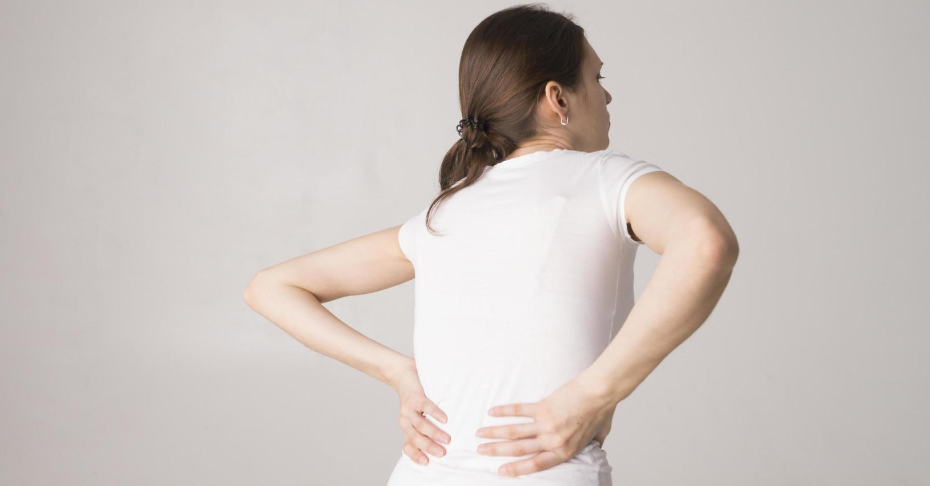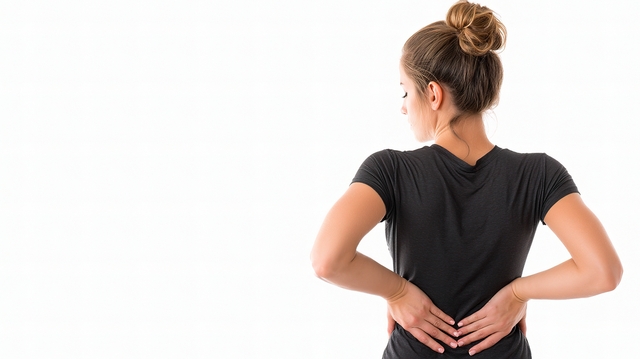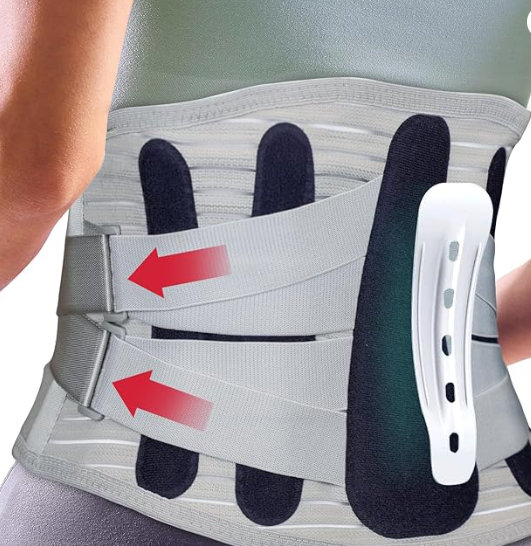
Meta Description
Back pain in women often goes beyond poor posture or heavy lifting. Discover the hidden causes doctors don’t always discuss, from hormonal shifts to lifestyle habits, and learn natural ways to find relief.
Introduction
Back pain is one of the most common complaints women face at some point in their lives. While doctors often point to posture, injury, or physical strain as the main culprits, the truth runs deeper. For women, unique biological and lifestyle factors often play a silent role in triggering chronic or recurring back pain. Some of these hidden causes are rarely discussed during a quick doctor’s appointment.
So, what are these overlooked reasons? And how can you identify whether your back pain is connected to them? Let’s break it down.
Why Back Pain in Women Is Often Misunderstood
Unlike men, women go through hormonal changes, pregnancy, and menopause, which all affect the spine and musculoskeletal system. Unfortunately, back pain is sometimes brushed off as “normal,” leaving women searching for answers. This underestimation often delays proper treatment and self-care.

Common Causes Doctors Usually Mention
Muscle Strain and Poor Posture
Sitting slouched at a desk or lifting something the wrong way can strain back muscles, causing pain that lingers for days.
Sedentary Lifestyle
Too much sitting weakens the back and core muscles, leaving the spine unsupported.
Injuries and Accidents
Sudden falls, sports injuries, or car accidents often lead to back pain that may become chronic if not treated correctly.

The Hidden Causes of Back Pain in Women
Hormonal Fluctuations and Menstrual Cycle
Estrogen’s Impact on Bones and Joints
Estrogen helps maintain strong bones and flexible joints, but when its levels drop—particularly before menstruation or during menopause—back pain can become more severe.
PMS and Back Tension
Many women notice lower back pain during their menstrual cycle due to muscle contractions in the uterus that radiate to the back.
Endometriosis and Pelvic Pain
Endometriosis, a condition where tissue grows outside the uterus, can trigger severe lower back and pelvic pain, often misdiagnosed as simple cramps.
Pregnancy-Related Back Stress
Weight Distribution During Pregnancy
As the baby grows, a woman’s center of gravity shifts, putting added stress on the spine and lower back.
Postpartum Back Pain
After childbirth, weakened abdominal muscles and lifting the baby frequently may continue to strain the back.
Menopause and Weakening Bones
Osteoporosis Risk
During menopause, bone loss speeds up, increasing the risk of osteoporosis and spinal fractures in women.
Spinal Degeneration After Menopause
Weaker discs and joints may lead to chronic lower back stiffness in postmenopausal women.

Gynecological Factors
Fibroids and Pelvic Pressure
Uterine fibroids may create pressure on the spine, leading to pain or discomfort in the lower back
Ovarian Cysts Causing Referred Pain
Sometimes, large ovarian cysts trigger pain that spreads to the back, a symptom often missed during routine diagnoses.
Lifestyle and Daily Habits Doctors Overlook
Wearing High Heels
Stylish but harmful, high heels alter spinal alignment and strain lower back muscles.
Carrying Heavy Handbags
A large handbag slung on one shoulder can cause muscle imbalance and chronic backache.
Prolonged Sitting at Work
Office jobs with long sitting hours can tighten hip flexors and weaken the lower back.
BUY NOW
Psychological and Emotional Triggers
Stress and Muscle Tension
Chronic stress increases muscle tightness in the back, leading to pain that feels physical but has emotional roots.
Anxiety and Poor Sleep Posture
Anxiety can interfere with sleep, causing restless nights and awkward sleeping positions that make back pain even worse.
How Back Pain in Women Differs from Men
Women experience back pain differently due to hormones, pregnancy, and unique lifestyle habits. While men often suffer from back pain linked to heavy lifting or manual labor, women’s back pain is more cyclical, chronic, and hormonally influenced.
When to Seek Medical Help
Seek medical attention if:
Pain persists longer than two weeks.
It radiates to the legs or causes numbness.
It interferes with sleep or daily activities.
You notice sudden weight loss or unexplained fever with back pain.
Natural Remedies and Self-Care Tips

Yoga and Stretching
Gentle yoga poses like child’s pose and cat-cow can relieve tension and improve flexibility.
Heat Therapy
A warm compress or heating pad relaxes stiff muscles and improves blood flow.
Maintaining a Strong Core
Strengthening abdominal muscles provides better spinal support.
Herbal and Natural Supplements
Turmeric, ginger, and magnesium may reduce inflammation and muscle stiffness.
Preventive Measures Women Can Take
Maintain good posture throughout the day.
Use ergonomic chairs at work.
Avoid wearing high heels daily.
Practice regular stretching and low-impact exercise.
Keep a healthy weight to reduce strain on the spine.
Conclusion
Back pain in women isn’t always about poor posture or heavy lifting. Hormones, pregnancy, menopause, and even lifestyle habits like wearing heels or carrying handbags can quietly fuel chronic pain. Identifying these underlying causes allows women to take active measures for relief and prevent future back pain. By listening to your body and addressing both physical and emotional triggers, you can manage back pain more effectively and enjoy a healthier, pain-free life.
FAQs
Could gynecological issues be the reason behind back pain?
Yes, conditions like fibroids, ovarian cysts, and endometriosis can cause back pain that’s often mistaken for muscle strain.
How can I prevent chronic back pain naturally?
Maintain good posture, exercise regularly, avoid heavy handbags, and manage stress with relaxation techniques like yoga or meditation
Why does my back hurt more during my period?
Hormonal fluctuations and uterine contractions radiate pain to the lower back during menstruation.
Is back pain common after pregnancy?
Yes, weakened abdominal muscles and the strain of carrying a newborn often contribute to postpartum back pain.
Can stress really cause back pain?
Certainly. Stress can cause the muscles in the back and shoulders to stiffen, frequently leading to discomfort and pain.
